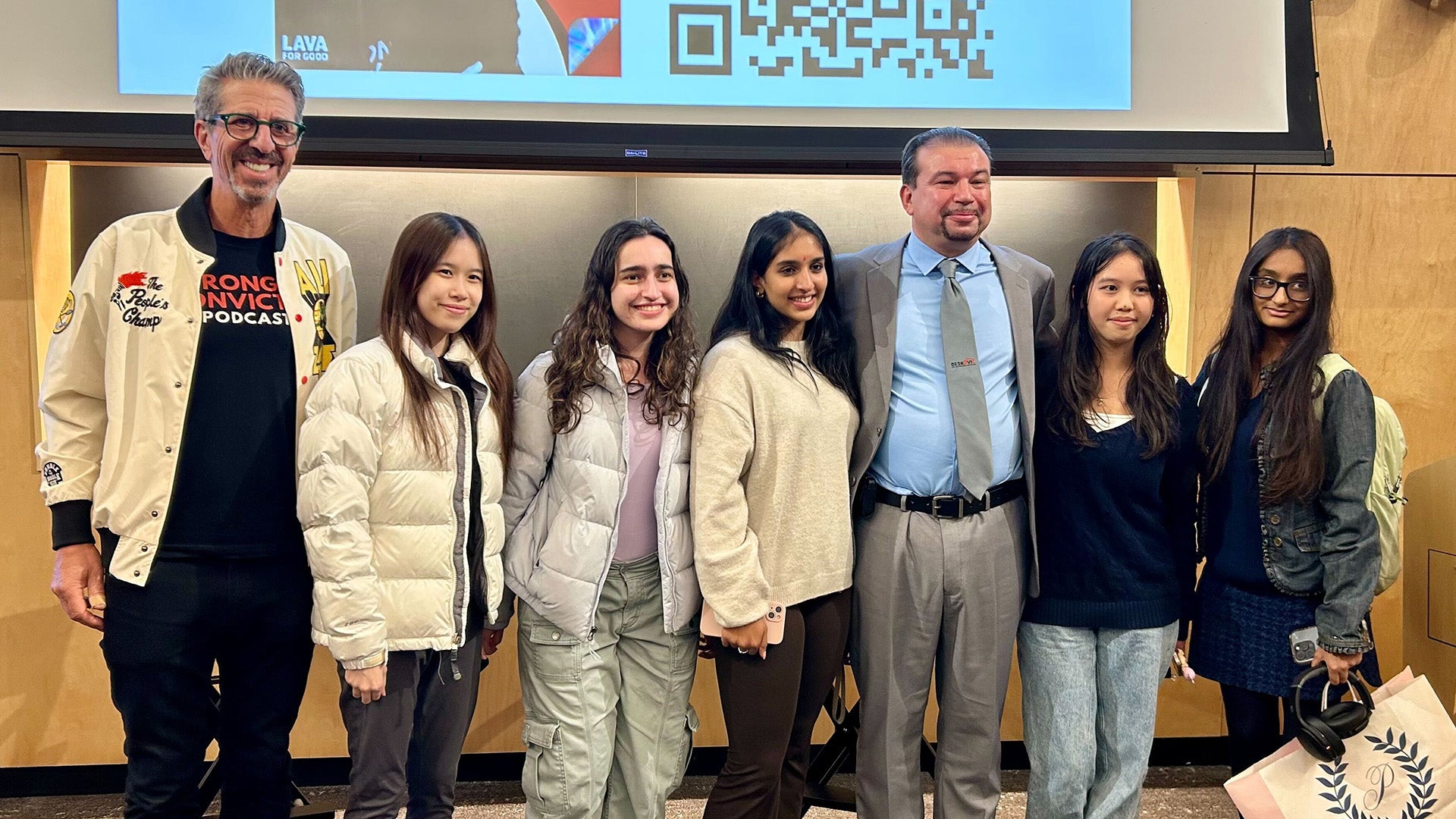After six hours of police interrogation and three polygraph tests—all in hopes of helping solve a crime—17-year-old Jeffrey Deskovic confessed to a murder he didn’t commit. He was sentenced to life in prison. “After I falsely confessed,” he recalled, “I didn’t realize I was being arrested. I thought I was going home.”
For 16 years, Deskovic lived behind bars while a murderer walked free. Only in 2006, with the help of the Innocence Project and advances in DNA technologies, was the truth finally revealed. DNA evidence didn’t just prove that Deskovic couldn’t have committed the crime. It identified the real perpetrator.
Since being exonerated, Deskovic has become an attorney and established the Jeffrey Deskovic Foundation for Justice. He now works to overturn other wrongful convictions and to reform the justice system so that others may not have to experience the ordeal he endured.
On October 20, Deskovic joined podcaster Jason Flom for Unraveling Justice, a conversation at Cold Spring Harbor Laboratory (CSHL). Flom is the host of the Wrongful Conviction podcast and a founding board member of the Innocence Project. Together, he and Deskovic addressed the role of DNA technology in criminal investigations, the human cost of wrongful convictions, and the ways that scientific progress may drive changes in the justice system.
As the discussion pointed out, Deskovic’s experience is not uncommon. “We have about two million people in prison in North America,” Flom noted. Even by conservative estimates, more than 100,000 people in the United States are currently serving time for crimes they didn’t commit. Likewise, more than 100,000 untried perpetrators could still be at large.
During the conversation, Flom reflected on ongoing tensions between how science evolves and the law adapts. Scientific breakthroughs push humanity forward, expanding what we know about ourselves and the world. Yet, the legal system, built on case precedent, often looks backward. As a result, courts may judge evidence through outdated frameworks. Scientists and legal experts have been grappling with this challenge for decades.
In fact, CSHL was one of the earliest institutions to help bring that tension into focus. In 1987, the world bore witness to the first DNA-based conviction. One year later, CSHL’s Banbury Center think tank convened a landmark meeting on DNA Technology and Forensic Science. For the first time, geneticists, forensic scientists, and attorneys gathered outside the courtroom to discuss the societal implications of emerging techniques like DNA fingerprinting.
The meeting sparked collaborations that would have significant implications and impacts. Just four years after attending, defense attorneys Peter Neufeld and Barry Scheck founded the Innocence Project with a simple but transformative idea. If DNA evidence could be used to convict, it could also be used to exonerate. Since then, the Innocence Project has helped free hundreds of people, including Deskovic.
Today, the conversation around DNA technology and justice reform continues. Expanding genetic databases, new uses of familial DNA, and artificial intelligence are transforming how forensic evidence is interpreted.
As the dialogue between researchers and policymakers enters new arenas, Deskovic and Flom’s conversation reminds us that science’s final test comes not in the lab, but in the world—and rightfully so. It’s the world that inspires science and the world that science aims to improve.
Written by: Emma Courtney, Graduate Student | publicaffairs@cshl.edu | 516-367-8455
